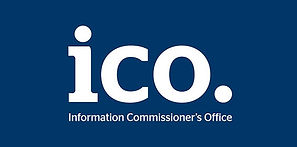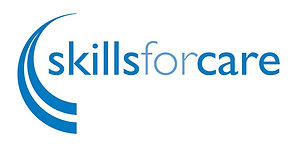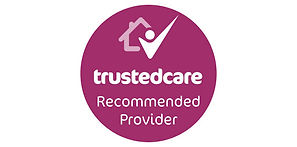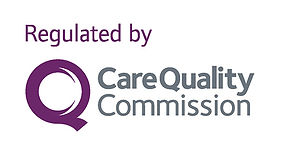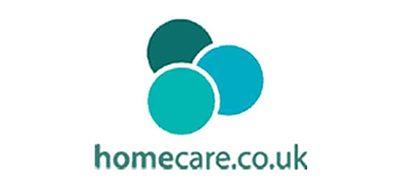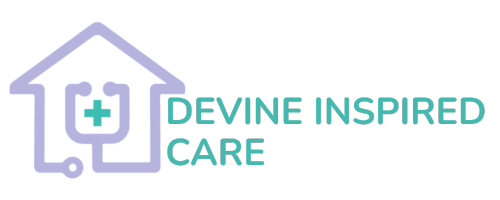Stroke Recovery at Home: Supporting Independence and Strength
Discover how homecare services can help stroke survivors regain mobility, communication, and confidence in familiar surroundings.
A stroke changes everything in an instant but with the right homecare, it doesn’t have to define the rest of a person’s life.
Each year, more than 100,000 people in the UK suffer a stroke. Recovery can be long and challenging, involving physical, emotional, and cognitive rehabilitation. Many stroke survivors prefer to recover at home, where they feel safe, familiar, and motivated. This article explores how DICTRA’s tailored homecare services support recovery step-by-step, helping stroke clients rebuild their strength and independence with dignity.
-
Understanding Stroke Recovery Needs:
-
Partial paralysis, speech impairment, memory loss, and mobility issues
-
Emotional impacts: frustration, anxiety, depression
-
High risk of falls, aspiration, and second strokes
-
-
How Homecare Aids Stroke Rehabilitation:
-
Support with physiotherapy exercises and balance training
-
Daily assistance with personal care, dressing, and mobility
-
Communication support for clients with speech difficulties
-
Encouragement and routine to rebuild confidence
-
Monitoring for medication adherence and dietary needs
-
-
Stroke Recovery Plan Must-Haves:
-
Handrails and grab bars in key areas
-
Assistive devices (walker, chair lifts)
-
Hydration and low-salt diet guidance
-
Occupational therapy coordination
-
Example: Mrs. S, 74, experienced a stroke that affected her right side and speech. DICTRA introduced a structured homecare plan with twice daily visits, physiotherapy support, and adaptive utensils. Over time, she regained use of her left hand for daily tasks and started speaking in short sentences again with speech therapy prompts.
Stroke recovery takes time, patience, and teamwork. With DICTRA’s compassionate carers and a personalised plan, every step becomes a step forward.
If someone you love is recovering from a stroke, contact DICTRA to create a home-based recovery plan built around their needs and pace.

